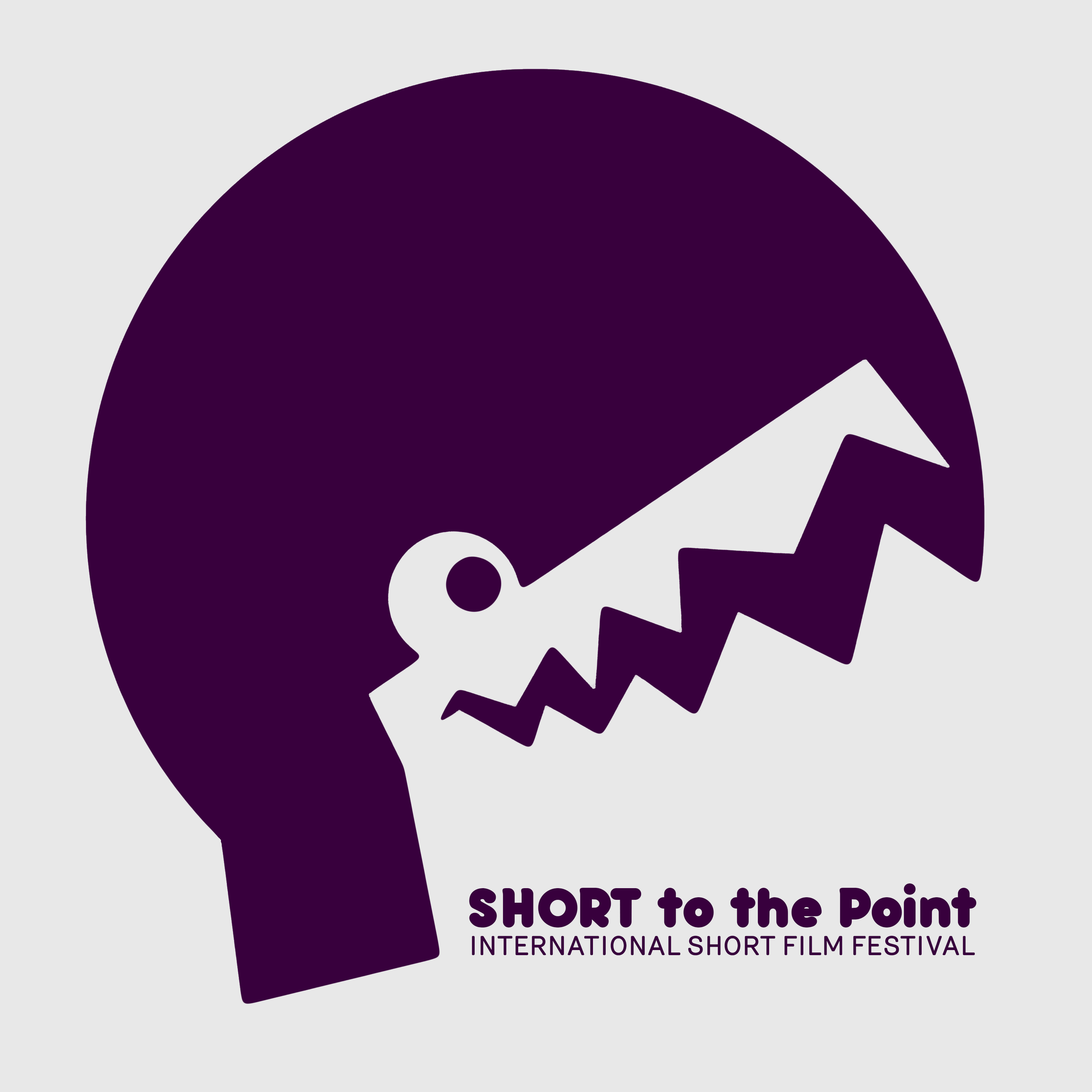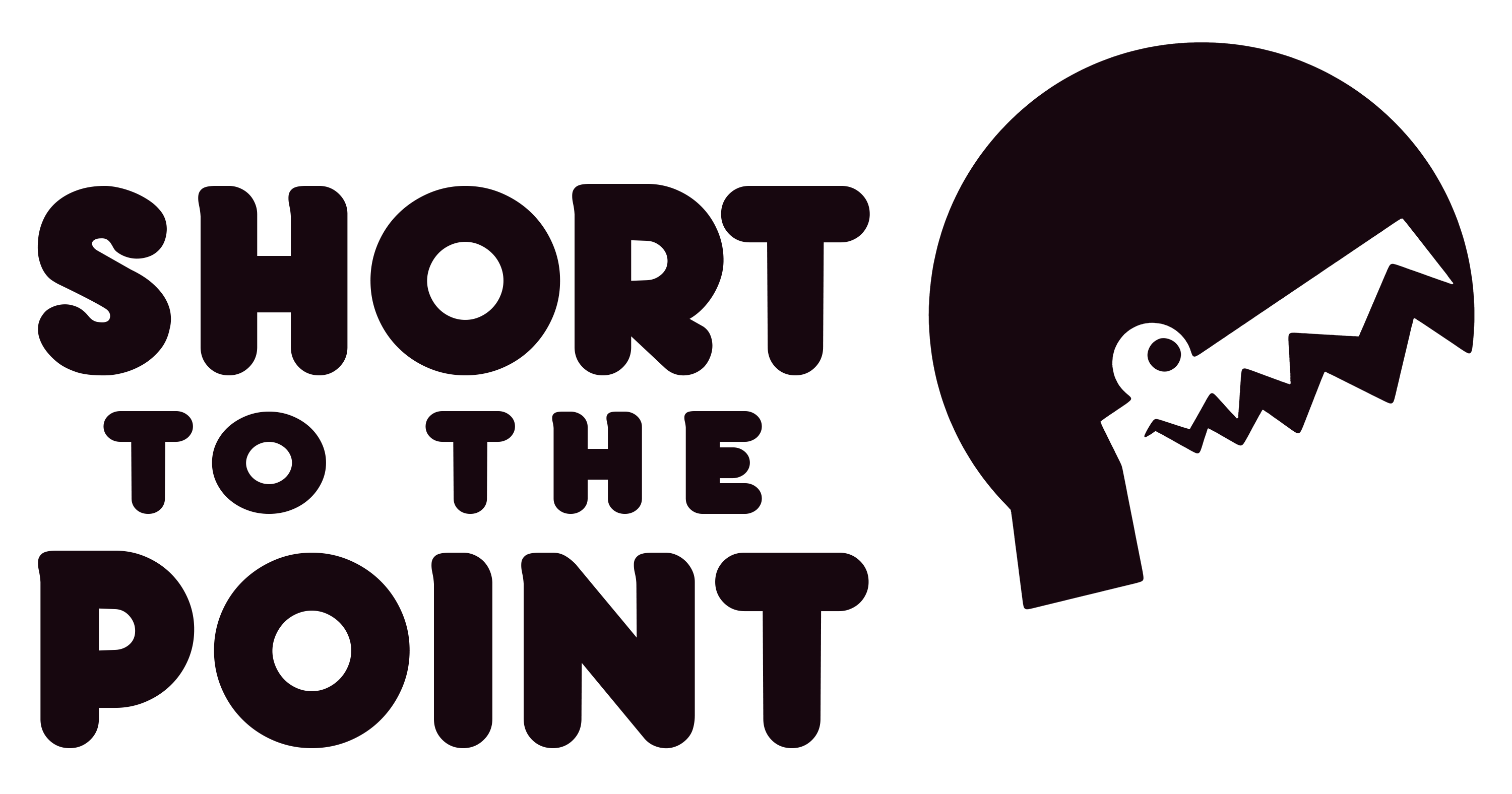- Was there a particular event or time that you recognized that filmmaking is your way of telling stories?
I remember watching the various “Making Of” television specials that supported the blockbuster films, and they were usually the films of Spielberg and Lucas. I knew the programming intention was to entertain us with the magic of HOW DID THEY DO THAT, but it quickly turned more educational as in YOU CAN DO THIS TOO. One “Making Of” literally showed elementary school kids making movies with Super-8 film cameras. My parents had an old Super-8 camera in the closet, so my weekends became about making movies. One of my first attempts at filmmaking was a little movie called “SuperDog.” The instance when our family dog flies on-screen for the first time, the entire room filled with laughter and applause – I was hooked.SuperDog Clip https://vimeo.com/392613815/3a9008b125 I became so invested in the “language of film” and I consumed filmmaking books and watched loads of movies. Yet, this “hands-on” Super-8 filmmaking activity allowed me to witness AND author how imagery combined with editing created real audience reactions. I didn’t need to feel any of this small-format filmmaking was going to waste. In a sense, I was still shooting and editing on film just like Hollywood; and just like Lucas and Spielberg did when they were kids.
- Do you think it is essential to go to a film institute to become a successful filmmaker?
Yes…no… maybe..? Film schools can be like gyms. They have the equipment and the staff to get you going, but if you don’t bring that drive or talent with you for it before you even arrive, you aren’t going to leave there with what you hoped to. You do get to meet and be surrounded by other students at a film school, and some of them may become your life long friends and allies. Like minds, really. That’s a big plus. I went to a film school to access real film equipment that I didn’t have access to. Up to the mid-2000s, most films and tv shows were still being shot on actual film. I was paying for it myself, so I used being at film school to the fullest knowing simple enrollment wasn’t going to push a magic button, and suddenly, I’m good at this. My school still made us edit on actual 16mm film, Moviescopes, and Steenbecks. There were, of course, Avids, but we just weren’t allowed to use them. It was part of the learning process, and it helped me appreciate what digital filmmaking brought to the table. The later ’90s brought us DV video. The early 2000s brought us Final Cut Pro. If you added some store-bought (or rental) DVD commentaries, you could start making your own mini-film school at home. I do think you ultimately have to know yourself. Maybe you need the weekly assignments, for instance, the deadlines and perhaps even the grades. Only you can figure out what you will need to keep yourself present motivated at filmmaking.
- Is it harder to get started or to keep going? What was the particular thing that you had to conquer to do either?
For me, starting is like rolling a big giant boulder up a hill. Getting it up the hill is harder for me because I know how committed I will be to roll it to the finish. I am fueled by molding the film into a watchable state as soon as possible – and that can also be very all-consuming…
- What was the most important lesson you had to learn that has had a positive effect on your film? How did that lesson happen?
I have been working as a credited editor for years now. I have been an uncredited writer, editor producer, and even director as a “ghost” movie/tv fixer for many more years. Working on this short reawakened that place where I want to be the actual writer/director again.
- How do you find or generate ideas for documentaries, or is it a different process for every project?
I think it’s always personal, even if you don’t know it at first. I’ve recently worked on many musician documentaries, and I still have to find a way in. I research them, and I find out as much as I can about why they do what they do or think the way that they do. I find it influences the way I edit the subtext with imagery or even musical underscore. A director I worked with said I put “the heart” in the movies I work on, so I’d have to say that I first have to find that heart.
- Can you describe your approach to writing treatments?
I mostly make little proof of concept videos first. Most people these days aren’t very moved by reading printed words for your filmmaking ideas. They can’t see the execution. In the end, the execution is going to be the storytelling. If the pitch brings on a feeling of wanting more, than it may be worth the pursuit.
Do you ever use the camera yourself?
On my own stuff, it is usually me running the camera. I started young with the idea that if you don’t have a lot of money to pay people to work for you, you should learn to do as much of it yourself. When I personally want something extra done for a film that the production won’t pay for, I will most likely do it myself. To this day, I enter a project knowing that if at any point someone drops out or gets sick, I might take over to fill that hole. I do most of the temp graphics and sound effects for the hired projects I work on, and 90 percent of the time, that temp work becomes the final work used in the film’s release version. I guess I really am more inspired by the Roger Corman school of filmmakers. The ones that I feel are really, really present in the work they do and release. That’s also probably the Super-8 filmmaking background… Director Guillermo del Toro has a great quote: When you start with Super 8, you are everything. You’re the DP, the sound man, the effects guy. And what I started understanding, by working for other people, is that the best type of director is someone who rose through the ranks.
- What do audiences want? And is it the filmmaker’s role to worry about that?
I think a filmmaker should be aware that what they are creating is communication, and there WILL eventually be an audience that you are communicating to. Polling an audience and delivering what the audience thinks they want feels counter-productive to creating content that transcends and leaves a lasting impression. “If I had asked people what they wanted, they would have said faster horses.” – Henry Ford on the invention of the automobile.
- What role have film festivals played in your life so far? Why are they necessary? How do you get the most out of them?
I have actually never entered any of my personal works into film festivals before. I have worked on docs that made it to festivals like Tribeca, SXSW, etc. credited only as of the editor before. The first narrative film I edited went to many festivals, and the director and I spent quite some time devoted to speaking in public. I met some really great people at some of those festivals, and I thank the director, Larry Holden, for those experiences. He wanted as many of his collaborators at those festivals as possible. That film actually got into the competition side at Tribeca Film Festival in New York. Days later, Tribeca had to disqualify us because technically Larry had screened the movie in another small, backyard-type festival in New York months earlier. It wasn’t common knowledge then what you should or should not do with festivals. That was kinda sad for the film – and career-wise. Thankfully, Chris Gore eventually wrote a book called the Film Festival Survival Guide to help out after this. An agent in Hollywood told me recently that I didn’t have personal festival entries and laurels under my belt, and they would like to see that. “World Premiere Video…” wasn’t meant to be a Festival Submission project… it just happened that the Zappa documentary I had worked 5 years on was set to have a World Premiere at the SXSW film festival. The Covid-19 outbreak shut the festival down, and soon after, most of the US itself went on lockdown. I made this “World Premiere Video…” project during the first months of lockdown, and a producer friend suggested I enter it in festivals… …And, that is how I am here today.
- Do you believe that a filmmaker should be original and fresh, or he/she should stick to classic but safe cinema style?
Sometimes a new style can be for the sake of a new style, and it weakens the overall ability to communicate. Film is an actual language. It’s been around for years, and it evolves by adding new elements to those established basics in a linear way. The “basics” of that language STILL WORK because they communicate. I see a great deal of the basics missing in far too many movies and television today. It feels like to me, like so many got access to film cameras, crews, and broadcasting abilities before they really had an understanding of the “basics.” On the other side of this though, I must say that most everyone creating films of all levels are shooting them with some really stunning imagery these days










